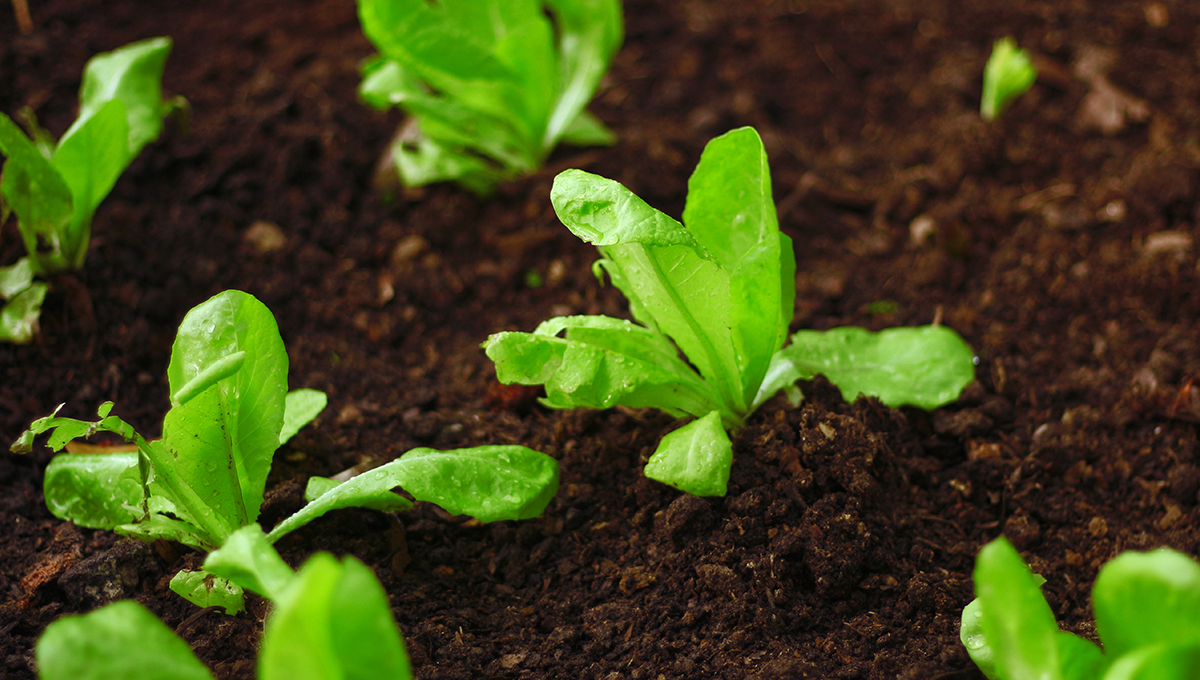
The gardens of the Dominicans of Mission San Jose are a double victory: they offer a glorious view, and they produce food enough to share with the community.
Hear the full In Good Faith episode here.
Don’t forget to call us and leave a message. Tell us what you like, ask a question, or just say hi. Call 913-214-6087.
Let us know your thoughts about the podcast by taking this short survey! Your input helps us shape the future of the In Good Faith podcast! Click HERE to take the survey. Thank you!
Sister Maxine
This podcast is brought to you by A Nun's Life Ministry. You are here with Sister Maxine of A Nun's Life Ministry and my guests, Sister Barbara Hagel, and Sister Jeanette DeYoung, Dominican Sisters of Mission San Jose. If I was on the Dominican campus right now, Sister Barbara, looking at the garden, can you describe what I would be seeing?
Sister Barbara
We have two gardens. One is in the upper part of the property, and one is in the lower part. And both of them have raised beds for us older folks, which makes it a lot easier to plant and to harvest. You would see an orchard with fruit. You would see beehives. You would see our community gardens starting. You would see--the beauty of our motherhouse is astounding. It's set in the hills of Fremont--the foothills, basically--and it's just amazing. We have palm trees and 200-plus olive trees. You would be amazed. you would be amazed.
Sister Maxine
What kinds of vegetables would I be seeing this time of the year?
Sister Barbara
Right now I just harvested a batch of asparagus. Artichokes are growing profusely. We have all kinds of lettuces going. Since we have some Asian volunteers, we have some Asian varieties of greens, which I can't pronounce all of the names, but they are fascinating, and they taste delicious. Let's see, what else is growing right now? The rhubarb is up.
Sister Jeanette
The carrots and beets, we just harvested.
Sister Barbara
Mm-hmmm. We brought a batch of broccoli over, and Swiss chard is up also. So there's just such a variety right now with spring. We have such a long growing period, Maxine, that it really makes a difference here. We can grow almost all year long. So we're really spoiled.
Sister Maxine
That's something here in the Midwest that we cannot do.
Sister Barbara
Right.
Sister Maxine
Now, are your gardens organic? Pesticide-free?
Sister Barbara
They are definitely organic. I don't want anything to harm my bees. So we do not use pesticides, and most of our fertilizers are also organic. It doesn't matter as much with the fertilizers as it does with the pesticides.
Sister Maxine
That leads to my next question. So if I'm there and I'm looking at the garden, am I going to see a lot of bugs or weeds?
Sister Barbara
Actually, no,
Sister Jeanette
We have a unique way of taking care of our weeds, which seems to work very well. We found a tree company that needed to dispose of their woodchips, and they'd cut the trees down and wood chip them and then they would bring them to us. And depending upon what the tree was would determine where we would put the woodchips. And it's a great read retarder and it also, in time, will turn into a rather rich soil. So actually, when you look into our gardens, you see a lot of woodchips covering the ground and covering many of the weeds.
Sister Maxine
From what you describe, the variety of vegetables and the long growing season, where does all the food go?
Sister Barbara
Most of it goes to our kitchen. We have 60 people living here on campus, so takes a bit to feed 60 people. We also share it with our volunteers and our staff. And we supply a couple of food banks with any excess food that we have. So especially in the fall, we have tons of persimmons. We have two huge old persimmon trees and lots of lemons, which are almost year-round. And all of that--we try not to let anything go to waste. So we share.
This transcript has been lightly edited for readability.




